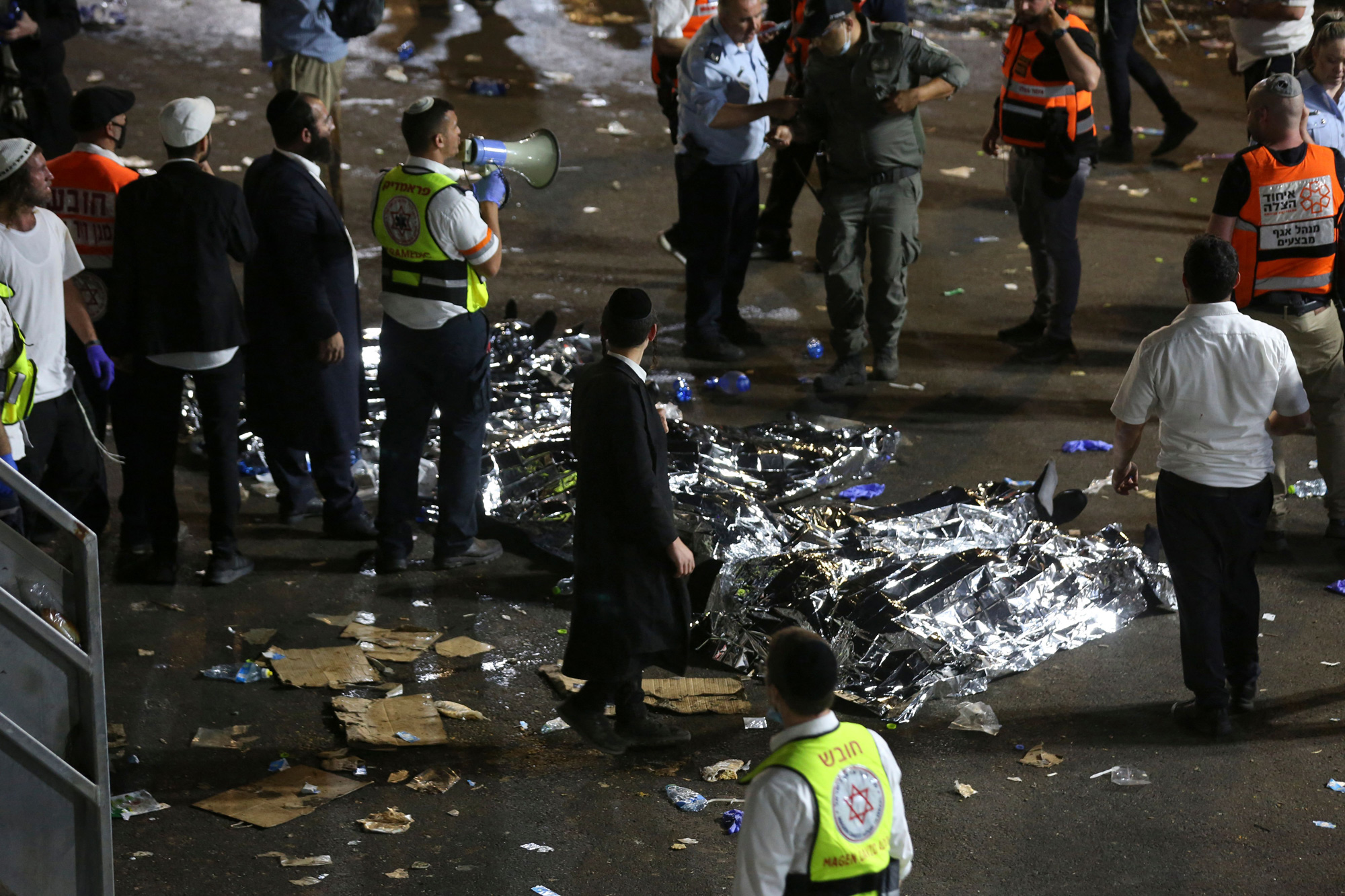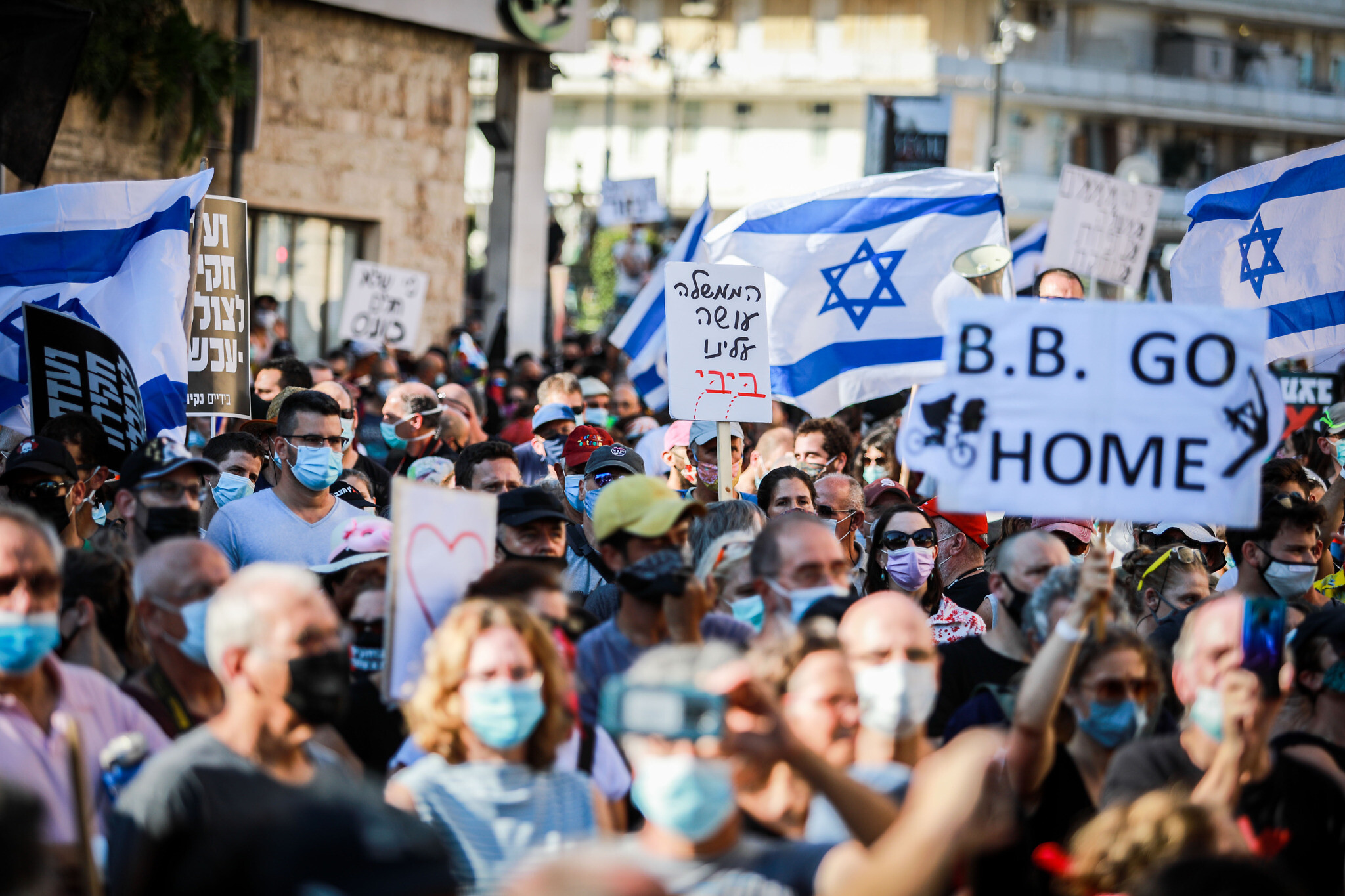Current Events and Political Landscape

The Israeli political landscape continues to be a dynamic and complex one, with recent events highlighting the ongoing tensions and challenges facing the country. These events have significant political implications, both domestically and internationally.
Recent Events and their Political Implications
The recent events in Israel have been marked by a number of significant developments, including the ongoing conflict in Gaza, the formation of a new government, and the ongoing debate over judicial reform. These events have had a profound impact on the political landscape, shaping the dynamics between different political parties and factions.
- The ongoing conflict in Gaza has been a source of significant tension and instability in Israel. The recent escalation of violence has led to calls for a more robust response from the Israeli government, while others have called for a more restrained approach. This has further divided the political landscape, with different parties taking opposing positions on the issue.
- The formation of a new government, led by Benjamin Netanyahu, has brought about a significant shift in the political landscape. The new government is made up of a coalition of right-wing and religious parties, which has raised concerns about the future of democracy and human rights in Israel. The new government has already begun to implement policies that have been criticized by many, including a proposed judicial reform package that has sparked widespread protests.
- The ongoing debate over judicial reform is a major point of contention in Israeli society. The proposed reforms have been met with strong opposition from many Israelis, who fear that they will undermine the independence of the judiciary and weaken democratic institutions. The debate over judicial reform is likely to continue to dominate the political landscape in the coming months, as different political factions try to push their agendas forward.
Perspectives of Different Political Parties and Factions
The different political parties and factions in Israel have varying perspectives on the recent events.
- The right-wing Likud party, led by Benjamin Netanyahu, has generally taken a more hawkish stance on the conflict in Gaza, calling for a strong response to Hamas. The Likud party is also behind the proposed judicial reforms, arguing that they are necessary to restore balance to the judicial system.
- The left-wing Meretz party, on the other hand, has called for a more restrained approach to the conflict in Gaza, advocating for diplomacy and dialogue. Meretz is also a strong opponent of the proposed judicial reforms, arguing that they will undermine democracy and human rights.
- The religious parties, which are part of the current coalition government, have generally supported the new government’s policies, including the proposed judicial reforms. They believe that these reforms will strengthen Israel’s religious character and values.
Impact on Israeli Society and International Relations
The recent events in Israel have had a significant impact on Israeli society and international relations.
- The ongoing conflict in Gaza has led to a sense of fear and insecurity among many Israelis. The recent escalation of violence has also strained relations between Israel and its neighbors, particularly in the region.
- The formation of the new government has raised concerns about the future of democracy and human rights in Israel. The new government’s policies have been criticized by many, both domestically and internationally. This has led to a decline in Israel’s international standing and has made it more difficult for Israel to build alliances with other countries.
- The debate over judicial reform has also had a significant impact on Israeli society. The protests against the proposed reforms have been widespread and have shown the deep divisions that exist within Israeli society. The debate over judicial reform is likely to continue to have a significant impact on Israeli politics and society for years to come.
Economic and Social Issues: Israeli News

Israel’s economy and society are intricately intertwined, with both facing a complex array of challenges and opportunities. While the nation has achieved significant economic growth and boasts a high standard of living, persistent issues like income inequality and housing affordability continue to pose challenges for its citizens.
Economic Performance and Challenges
The Israeli economy is characterized by a robust technological sector, a thriving tourism industry, and a highly educated workforce. Key economic indicators, such as GDP growth and unemployment rates, have generally been positive in recent years. However, the economy faces challenges including:
- High Cost of Living: Israel has one of the highest costs of living in the OECD, particularly for housing, healthcare, and education. This puts a strain on household budgets and can hinder economic growth.
- Income Inequality: The gap between the rich and poor in Israel is widening, with the top 1% of earners controlling a disproportionate share of the country’s wealth. This disparity can lead to social unrest and limit economic opportunities for lower-income groups.
- Geopolitical Risks: Israel’s location and security situation can create economic instability. The ongoing conflict with the Palestinians and the threat of regional instability can impact tourism, investment, and trade.
Social Issues and Government Initiatives
Social issues in Israel are often linked to economic challenges. The government has implemented various policies and initiatives to address these concerns, including:
- Housing Affordability: The government has launched programs to increase housing supply, provide subsidies for low-income families, and regulate rental prices. These measures aim to make housing more accessible and affordable for all citizens.
- Education Access: Israel has a strong education system, but disparities exist in access to quality education. The government is investing in early childhood education, providing scholarships for disadvantaged students, and expanding vocational training programs.
- Income Inequality: The government has implemented policies to increase the minimum wage, provide tax breaks for low-income earners, and invest in social welfare programs. These measures aim to reduce income inequality and improve living standards for all citizens.
International Relations and Security

Israel’s international relations are complex and often fraught with tension, shaped by historical conflicts, security concerns, and the pursuit of peace. The country’s security environment remains precarious, influenced by regional instability, terrorism, and the ongoing threat from Iran. This section examines the current state of Israel’s relations with its neighbors, analyzes the security threats it faces, and provides insights into its military capabilities and defense strategies.
Relations with Neighboring Countries
Israel’s relationships with its neighbors are a mix of cooperation and conflict. The country has signed peace treaties with Egypt and Jordan, leading to diplomatic relations and economic cooperation. However, tensions remain with Syria and Lebanon, where ongoing conflicts and the presence of militant groups pose security risks. The Palestinian territories, occupied by Israel since the 1967 war, remain a major source of conflict.
- Egypt: The peace treaty signed in 1979 between Israel and Egypt has brought stability to the Sinai Peninsula and facilitated economic cooperation in areas like energy and tourism. However, tensions remain over the status of the Gaza Strip and the ongoing Israeli-Palestinian conflict.
- Jordan: Israel and Jordan signed a peace treaty in 1994, establishing diplomatic relations and fostering economic cooperation in areas like water management and tourism. However, tensions remain over the status of Jerusalem and the ongoing Israeli-Palestinian conflict.
- Syria: Israel and Syria remain technically at war, with no diplomatic relations. The Syrian civil war has further complicated relations, as Israel has been involved in airstrikes against Iranian-backed forces in Syria.
- Lebanon: Israel and Lebanon have a long history of conflict, including the 2006 Lebanon War. The two countries remain technically at war, and tensions remain over the border region and the presence of Hezbollah, a powerful Lebanese Shia militant group.
- Palestinian Territories: The Israeli-Palestinian conflict is a complex and intractable issue, with ongoing tensions and violence. Israel’s occupation of the West Bank and Gaza Strip remains a major source of conflict, with negotiations for a two-state solution stalled.
Security Threats, Israeli news
Israel faces a range of security threats, including terrorism, regional instability, and the potential for conflict with Iran.
- Terrorism: Israel has been a target of terrorist attacks for decades, primarily from Palestinian militant groups. The threat of terrorism has been exacerbated by the ongoing Israeli-Palestinian conflict and the rise of extremist ideologies.
- Regional Instability: The Middle East is a volatile region, with ongoing conflicts and the rise of extremist groups. This instability poses a significant security threat to Israel, as it can spill over into its borders.
- Iran: Iran is a major regional power and a staunch supporter of Hezbollah and other militant groups. Iran’s nuclear program and its support for terrorism pose a significant threat to Israel, which has threatened military action if necessary to prevent Iran from developing nuclear weapons.
Military Capabilities and Defense Strategies
Israel possesses a sophisticated and highly advanced military, considered one of the most powerful in the Middle East. The Israeli Defense Forces (IDF) have a strong emphasis on technological innovation and a focus on deterrence and preemptive strikes.
- Technological Advancement: Israel has invested heavily in developing cutting-edge military technology, including drones, missiles, and cyber warfare capabilities. These technologies play a crucial role in Israel’s defense strategies.
- Deterrence and Preemption: Israel’s defense strategy relies heavily on deterrence, aiming to discourage potential adversaries from attacking. This is achieved through a combination of military strength, advanced technology, and a willingness to use force when necessary. Israel also employs preemptive strikes to target potential threats before they can materialize.
- Strategic Partnerships: Israel maintains strong strategic partnerships with countries like the United States, which provides significant military aid and intelligence sharing. These partnerships play a crucial role in Israel’s defense capabilities and its ability to counter threats.
Staying informed about Israeli news can be a complex task, often involving navigating tensions and conflicting perspectives. It’s important to remember that news coverage, whether about Israel or any other region, can be influenced by various factors. To gain a broader understanding, it can be helpful to explore other geopolitical contexts, such as the current state of affairs in news iran , as it often intersects with Israeli news and contributes to the overall regional dynamics.
By examining different perspectives and considering the complexities of the situation, we can develop a more nuanced understanding of the Israeli news landscape.
The constant barrage of news from Israel can be overwhelming, leading to feelings of anxiety and helplessness. It’s crucial to find healthy coping mechanisms to navigate these emotions. A trend gaining traction on social media, very mindful very demure tiktok , emphasizes self-care and mindfulness practices, which can be a valuable tool for processing the complexities of the Israeli news landscape.
By incorporating these practices into your daily routine, you can cultivate a sense of calm and focus, allowing you to engage with the news in a more balanced and informed way.
